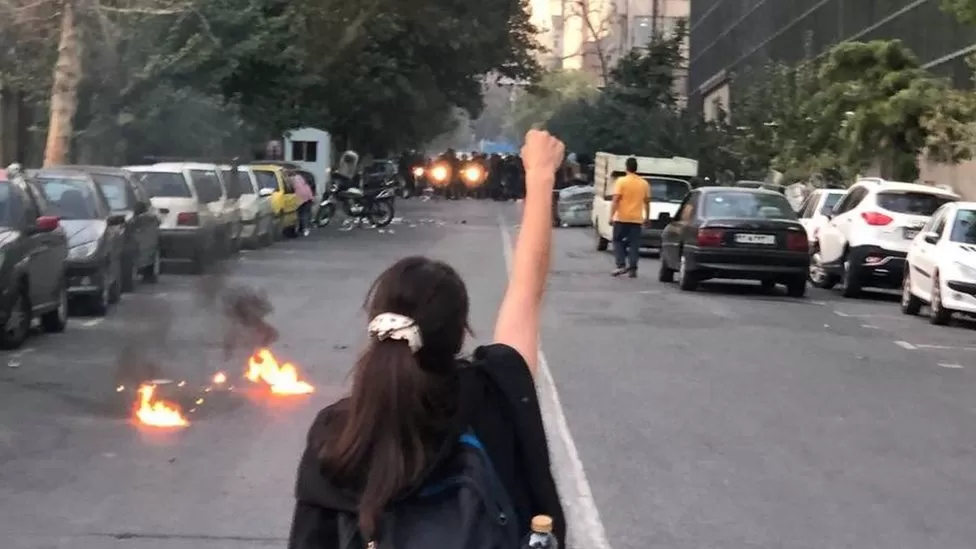Within the first minute of her vlog “TRAMPOLINE FAIL AND CAR CHATS”, vlogger Zoe Sugg has made coffee for her friend, commented on the slow start to their morning and apologized to her viewers for her appearance. Her eyes shift from the camera’s lens to the viewfinder positioned directly above it and upon seeing her reflection remarks, “Oh my god, I look disgusting,” before cutting to a shot of her describing what her breakfast for the day is. This is a common occurrence in Zoe’s vlogs; frequently she will be mid-conversation with her viewers before interrupting herself in order to criticize the state of her skin or the way her makeup has deteriorated throughout the day. This feels incongruous with the Zoe who regularly makes videos about confidence and mental well-being, and whose commitment to positivity permeates the tone of her content.
And it’s not just Zoella: numerous vloggers whose videos I watch participate in this self-criticism, almost to the point of it feeling like a trend. They make comments like “I bet I just scared you guys because I don’t even have eyebrows on” or gesture to their face while saying “Sorry about this”, disrupting the aura of buoyancy and levity the beauty community has made its central tenet. In most of these instances, they are wearing little to no makeup. Frequent viewers of vloggers will be familiar with the phrase, “You’re only seeing 10 minutes of my day,” regularly employed by YouTubers to remind their audience of the edited, compressed nature of what we are watching. This idiom is often used to temper the idyllic, positive tone of their videos with an element of realism, evoking a sense of intimacy; an implication of the events and emotions deemed too unpleasant, or even too ‘real’, to show.
Given this, beauty vlogger’s inclusion of derisive comments about their appearance can be understood as deliberate and intentional; moments of vulnerability which can be seen either as authentic or performative. Condemning these moments feels like a reductive assessment. It’s easy to see these comments as being damaging to young viewers who watch this content or being a catalyst for negative self-image. It’s certainly hard to watch people publicly shame themselves for the ways their face looks, when I think their face looks great and also think it shouldn’t really matter how someone’s face looks. But in addition to the pressure to constantly look ‘acceptable’, there is a pressure put on beauty vloggers to feel good about themselves, unendingly, as though confidence and self-love isn’t a process and unyielding positivity is a realistic characteristic in a person.
Trying to reconcile the ways in which I find this practice of self-criticism frustrating, while also being able to acknowledge the ways in which it demonstrates actual personhood beyond a projected identity is reflective of the complicated schema of personal and public persona. As much as I dislike seeing people make disparaging comments about themselves, part of me wonders whether I find it ideologically troubling or because it’s taboo to talk about things like that publicly. The proliferation of self-criticism is just part of the tangled constellation of constructed intimacy, beauty vlogging and persona; evading, and perhaps not even needing, resolution.



